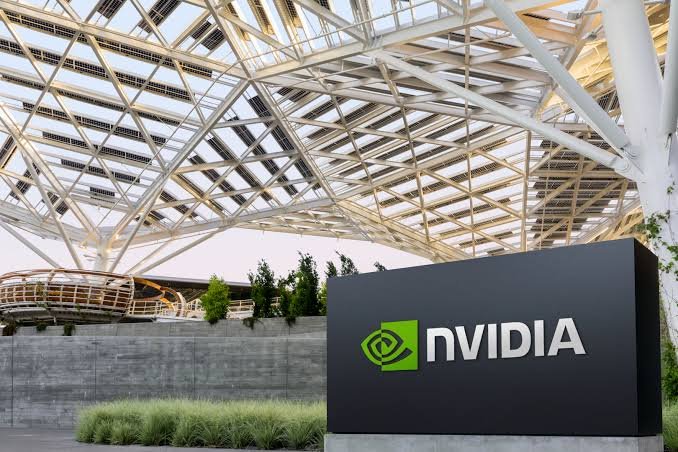
China announced on Monday that it has launched an investigation into Nvidia for suspected violations of the country’s anti-monopoly law. This probe is widely viewed as a retaliatory action against the recent restrictions imposed by Washington on the Chinese chip sector. The statement from the State Administration for Market Regulation did not specify how Nvidia, which is known for its artificial intelligence and gaming chips, might have violated China’s anti-monopoly laws. It mentioned that the U.S. chipmaker is also suspected of failing to adhere to commitments made during its acquisition of Israeli chip designer Mellanox Technologies, as outlined in the regulator’s conditional approval of that deal in 2020.
This announcement is the latest development in the ongoing trade war between China and the United States, as both countries compete for technological dominance. Last week, four of China’s leading industry associations issued a rare and coordinated response, warning that Chinese companies should be cautious about purchasing U.S. chips, labeling them as “no longer safe,” and suggesting that they should instead buy locally manufactured alternatives. Following this news, Nvidia’s shares fell by 2.5% on Monday.
An Nvidia spokesperson stated that the company strives to deliver the best products possible in every region and to fulfill its commitments in all its business dealings, adding that they are willing to cooperate with any inquiries from regulators. Bob O’Donnell, chief analyst at TECHnalysis Research, told Reuters that the investigation is unlikely to significantly affect Nvidia, particularly in the short term, as most of the company’s advanced chips are already restricted from being sold in China.
The investigation follows the U.S. government’s recent launch of its third crackdown in three years on China’s semiconductor industry, which involved restrictions on exports to 140 companies, including chip equipment manufacturers. In response, Beijing has banned the export of critical minerals such as gallium, germanium, and antimony to the United States.
Nvidia is one of many companies caught in the crossfire of U.S.-China tensions. In 2022, U.S. sanctions prohibited shipments of certain AI chips to China, prompting Nvidia to develop modified versions. However, these China-specific variants were also restricted under tightened U.S. controls in October 2023, leading Nvidia to create another set of modified chips for the Chinese market.
“It’s clear that the Chinese government is reacting to recent U.S. restrictions, but their ability to impact the U.S. semiconductor industry continues to diminish over time,” O’Donnell said. Before the restrictions, Nvidia held over 90% of the AI chip market in China. However, it is now facing increased competition from domestic competitors, with Huawei being a notable challenger. China accounted for around 17% of Nvidia’s revenue in the year ending January, down from 26% two years earlier.
In 2020, Nvidia received crucial approval from China for its acquisition of Mellanox Technologies, which relieved investors who were concerned that Sino-U.S. trade tensions could complicate the approval process. Nvidia and the merged entity were subject to multiple conditions aimed at ensuring fair access to GPU accelerators for the Chinese market, including requirements for suppliers to offer these products on “fair, reasonable, and non-discriminatory” terms.
These conditions also include providing customers and distributors the opportunity to purchase up to one year’s worth of inventory of Nvidia GPU accelerators and Mellanox networking equipment. Additionally, they prohibit forced product bundling, unreasonable trading terms, purchase restrictions, and discriminatory treatment for customers purchasing products separately.
The last time China initiated an anti-monopoly investigation into a major foreign technology firm was in 2013, when it investigated Qualcomm’s local subsidiary for overcharging and abusing its market position in wireless communication standards. Qualcomm ultimately agreed to pay a fine of $975 million, which was the largest penalty ever imposed by China on a company at that time.